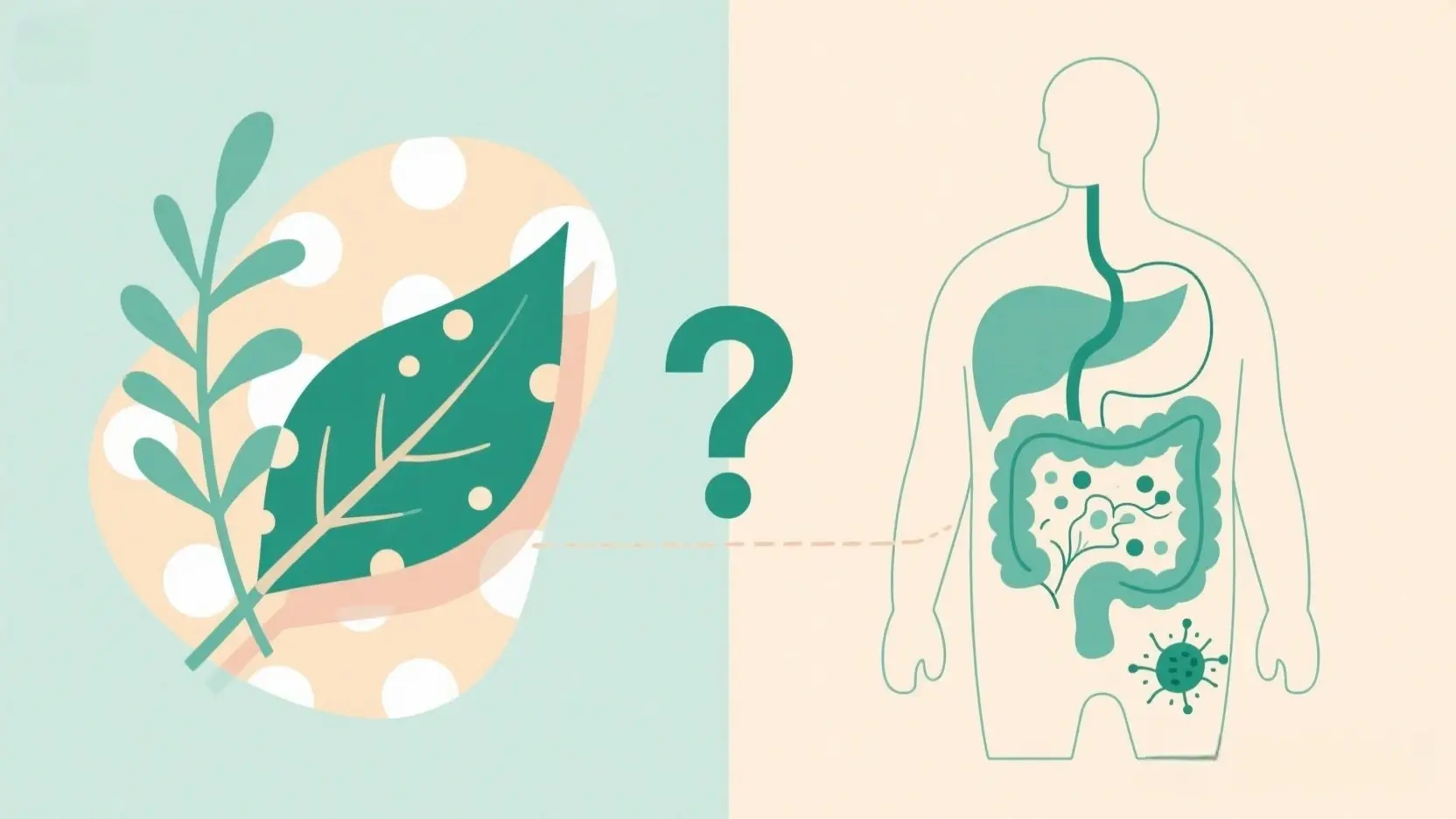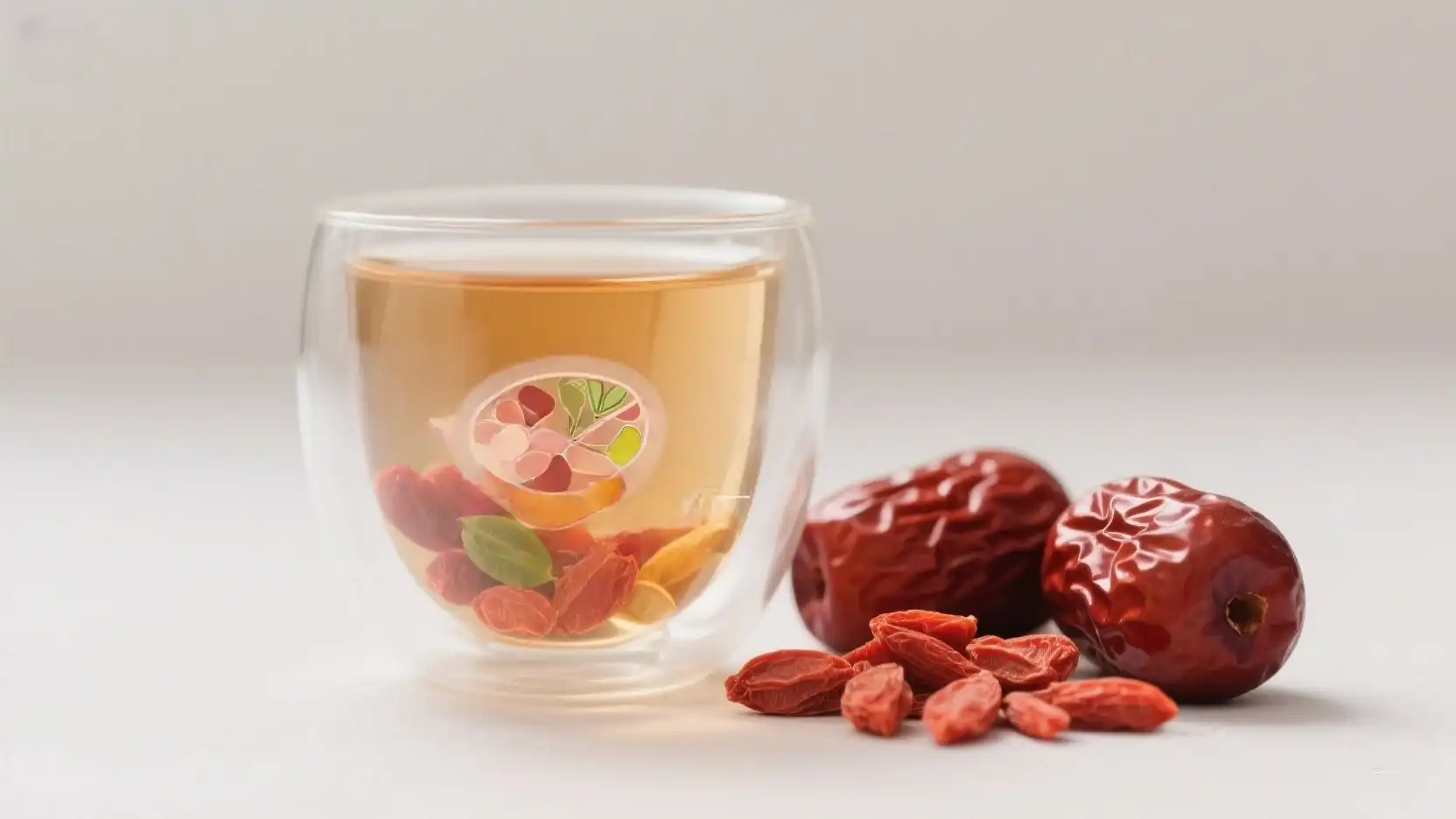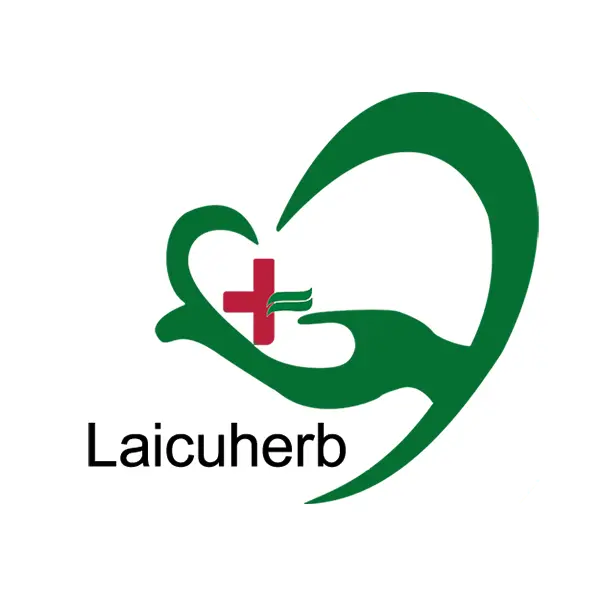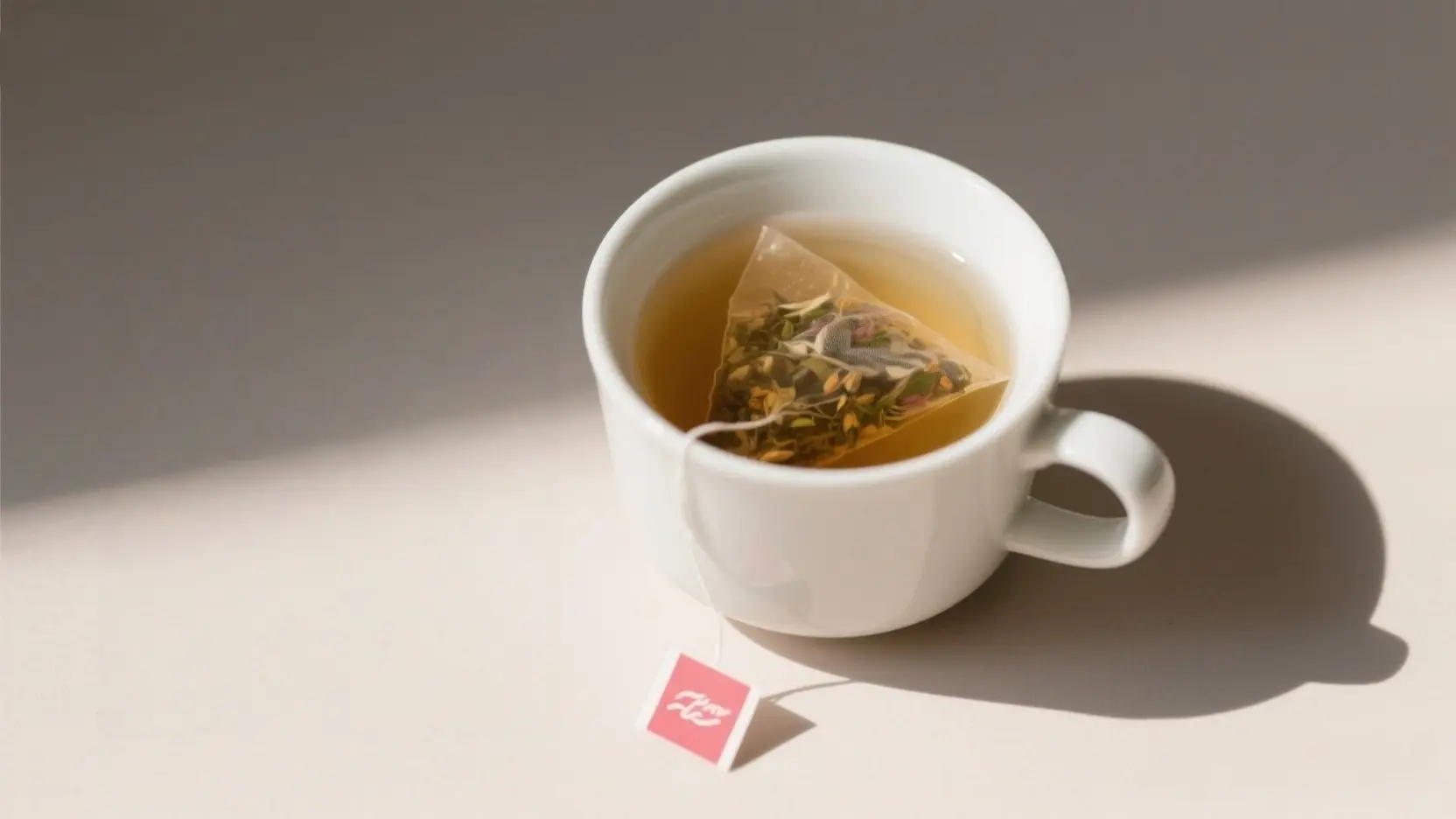Step-by-Step Guide to a 7-Day Womb Cleansing Tea Routine
Embarking on a cleanse womb cleansing tea regimen can be a soothing ritual for many women. Here's a suggested 7-day routine to get you started:
Days 1-2: Gentle Introduction
Begin your journey by brewing a cup of Laicuherb's womb cleansing tea in the morning. This blend contains nourishing ingredients like longan, red dates, and wolfberry. Sip slowly and mindfully, allowing yourself to relax and connect with your body. Repeat in the evening before bed.
Days 3-5: Building the Routine
Continue with morning and evening teas, but now add a midday cup. This increased frequency allows the herbs more opportunity to work their magic. Pay attention to any subtle changes in how you feel.
Days 6-7: Deepening the Practice
On these final days, maintain the three-times-daily tea ritual. Consider adding gentle yoga or meditation to complement the cleansing process. Reflect on any shifts in your body or mood you've noticed throughout the week.
Remember, consistency is key when it comes to herbal therapies. While some may notice effects quickly, others may need more time. Always listen to your body and adjust as needed.
Can Herbal Teas Really Flush Toxins from Your Uterus?
The idea of "flushing toxins" from the body, including the uterus, is commonly promoted in natural health circles, suggesting that certain practices or products can detoxify the body and promote overall health. However, it’s important to approach these claims with caution and a critical perspective. While the body does have natural mechanisms for detoxification—such as the liver and kidneys—there is little scientific evidence to support the idea that specific foods, herbs, or teas can "flush" toxins from the uterus or other organs. The body’s detoxification processes are complex and are not easily influenced by external interventions. Instead, maintaining a healthy lifestyle with proper nutrition, hydration, and regular exercise supports the body’s natural ability to detoxify and stay healthy.
The Body's Natural Detoxification Process
Our bodies have sophisticated systems in place for eliminating waste and toxins, primarily through the liver, kidneys, and digestive tract. The uterus, like other organs, benefits from this natural detoxification process. While certain herbs may support overall health, there's limited scientific evidence that they can directly "flush" toxins from the uterus.
Potential Benefits of Herbal Teas
That said, many herbs used in cleanse womb cleansing tea do have properties that may support reproductive health:
- Anti-inflammatory effects: Some herbs may help reduce inflammation in the reproductive system.
- Antioxidant properties: Certain tea ingredients are rich in antioxidants, which protect cells from damage.
- Hormone balance: Some herbs are believed to help regulate hormonal fluctuations.
While these effects don't equate to "flushing toxins," they may contribute to overall uterine health and well-being.

The Science Behind Red Dates and Wolfberry for Uterine Health
Red dates (jujube) and wolfberry (goji berry) are often featured as key ingredients in many womb cleansing tea blends, thanks to their long history in traditional medicine, particularly for promoting women's health. Red dates are rich in vitamins, minerals, and antioxidants, which can support immune function, improve blood circulation, and provide energy. Modern research suggests that red dates may also have anti-inflammatory and antioxidant properties, benefiting overall health. Similarly, wolfberries are known for their high levels of vitamin C, beta-carotene, and other nutrients that support immune health, protect cells from oxidative damage, and promote overall well-being. While these fruits show promise in supporting health, it’s important to note that more clinical studies are needed to fully understand their potential benefits for women’s reproductive health.
Red Dates (Jujube)
Red dates are rich in antioxidants and have been studied for various health effects:
- Antioxidant activity: Red dates contain high levels of flavonoids and vitamin C, which may help protect cells from oxidative stress.
- Potential hormone effects: Some studies suggest red dates may influence estrogen levels, though more research is needed to confirm this in humans.
- Blood health: Red dates are a good source of iron, which is crucial for menstruating women.
Wolfberry (Goji Berry)
Wolfberries have gained popularity as a "superfood" and may offer several benefits:
- Antioxidant powerhouse: Wolfberries are exceptionally rich in antioxidants, including zeaxanthin, which may support overall cellular health.
- Anti-inflammatory properties: Some studies indicate wolfberries may help reduce inflammation in the body.
- Potential reproductive effects: While more research is needed, some animal studies suggest wolfberries may have positive effects on reproductive health.

It's important to note that while these ingredients show promise, most studies have been conducted in laboratories or on animals. More human research is needed to fully understand their effects on uterine health.
Incorporating cleanse womb cleansing tea into your wellness routine can be a comforting and potentially beneficial practice. However, it should complement, not replace, proper medical care. Always consult with a healthcare provider about any reproductive health concerns.
If you're interested in exploring the benefits of cleanse womb cleansing tea, consider trying Laicuherb's specially formulated blend. With over a century of expertise in herbal wellness, Laicuherb combines traditional wisdom with modern quality standards to create teas that support women's health naturally. For those looking to incorporate these teas into their product line or personal wellness routine, Laicuherb offers customized solutions to meet your needs.
Ready to experience the benefits of cleanse womb cleansing tea for yourself or your customers? Contact Laicuherb today at hello@laicuherb.com to learn more about our products and customization options. Embrace the power of nature and time-honored herbal traditions with Laicuherb.
References
-
Johnson, A. et al. (2020). "herbal teas and reproductive health: A systematic review." Journal of Women's Health, 29(5), 621-634.
- Smith, B. (2019). "Traditional uses of red dates in women's health: From folklore to modern research." Ethnobotany Research and Applications, 18, 1-15.
- Chen, L. et al. (2018). "Antioxidant and anti-inflammatory properties of goji berries: A comprehensive review." Nutrients, 10(8), 1005.
- Wilson, D. (2021). "The role of herbal teas in supporting uterine health: Current evidence and future directions." Complementary Therapies in Medicine, 56, 102638.
- Brown, K. et al. (2017). "Exploring the potential of herbal teas for menstrual health: A mixed-methods study." BMC Complementary and Alternative Medicine, 17(1), 104.
- Lee, R. (2022). "Integrating traditional herbal practices with modern women's health care: Challenges and opportunities." Global Advances in Health and Medicine, 11, 1-10.

Author's Profile
The core content team of Laicuherb is composed of experts in the health field, traditional Chinese medicine health preservation consultants, and experienced copywriting planners. Some articles are signed by brand founders or R&D scientists. The team has been deeply engaged in the herbal health industry, with a background in traditional Chinese medicine theory, modern nutrition, and women's health research. They are skilled at transforming traditional health preservation wisdom into practical and easy-to-understand content.








